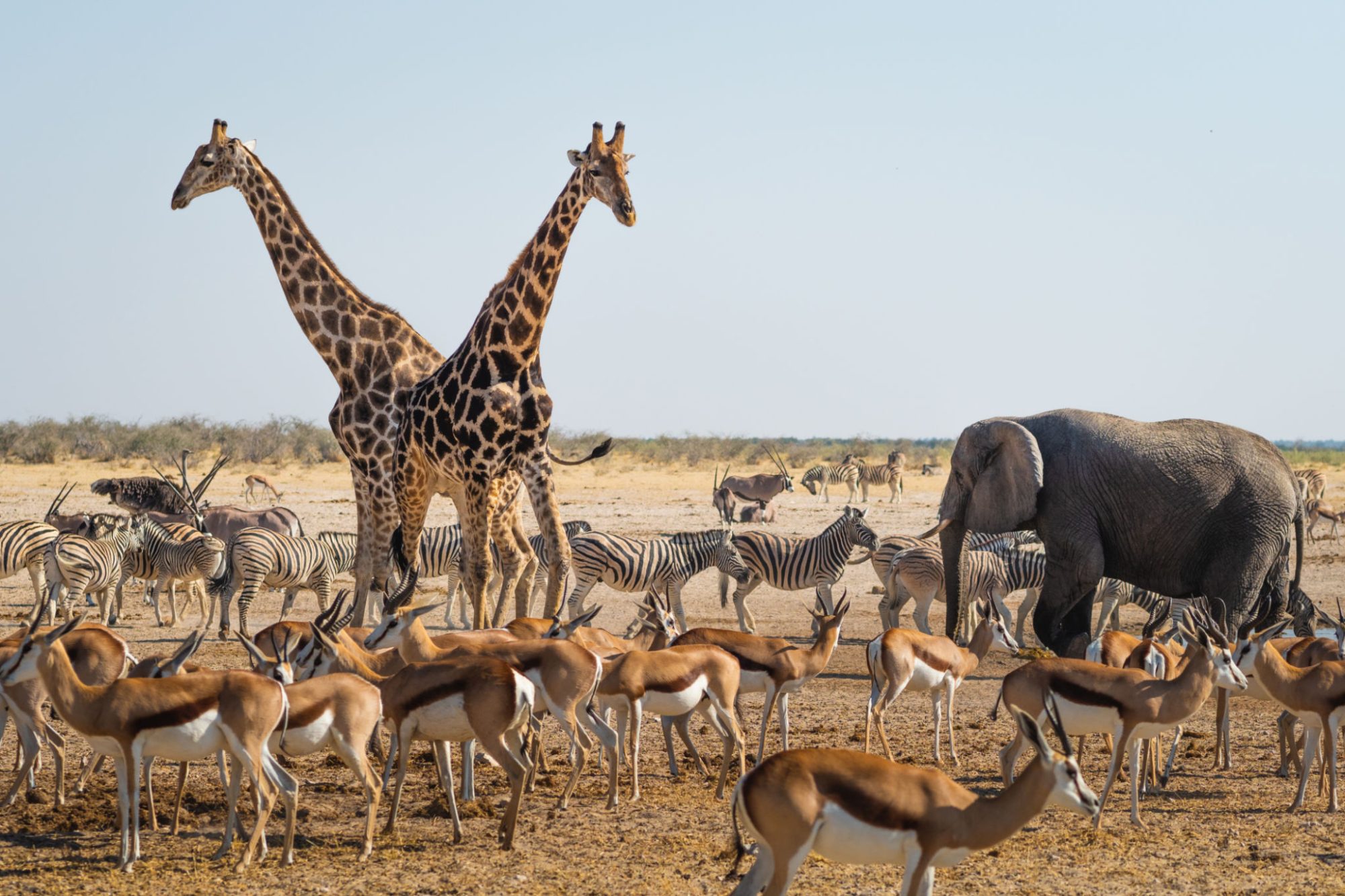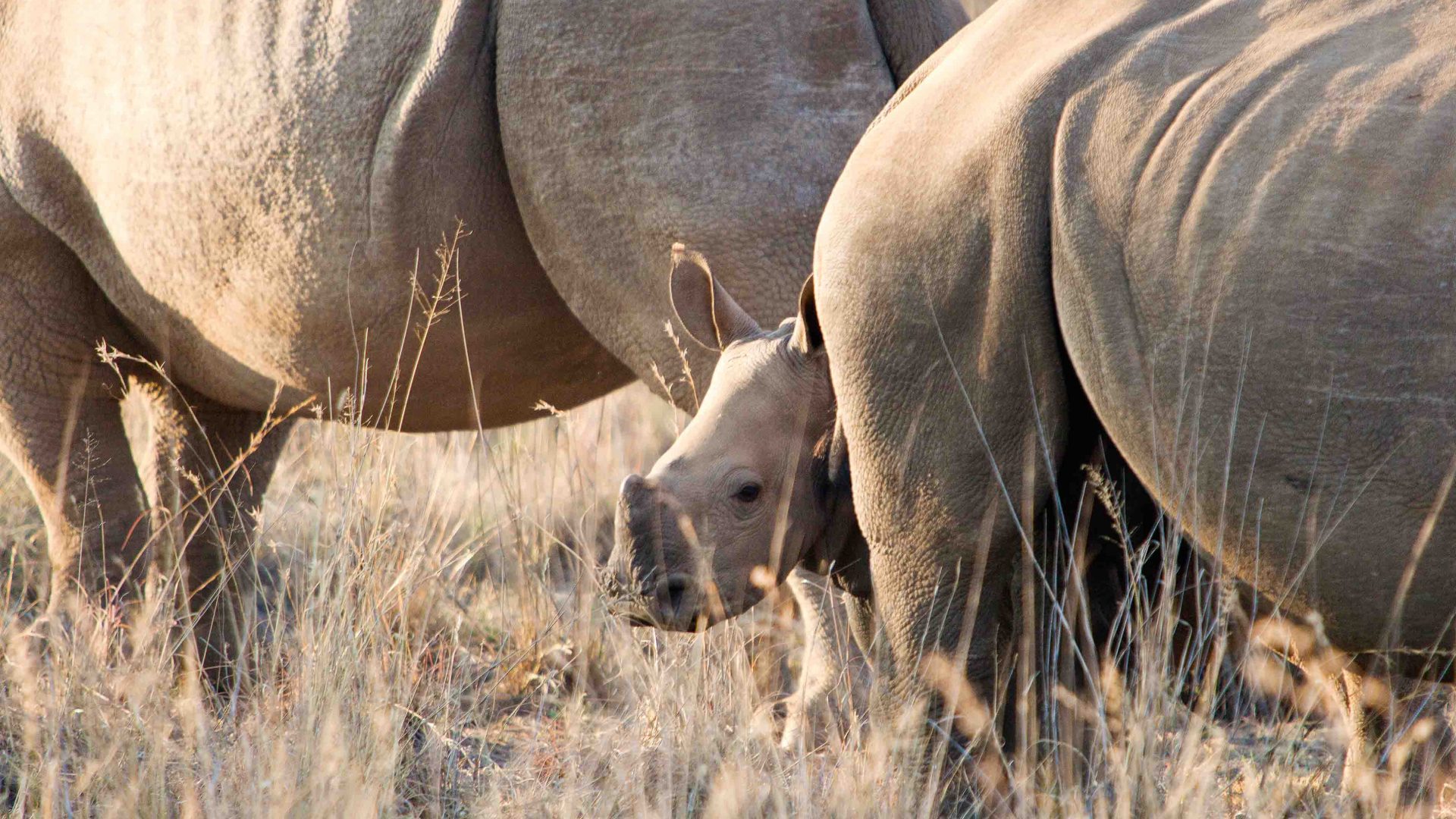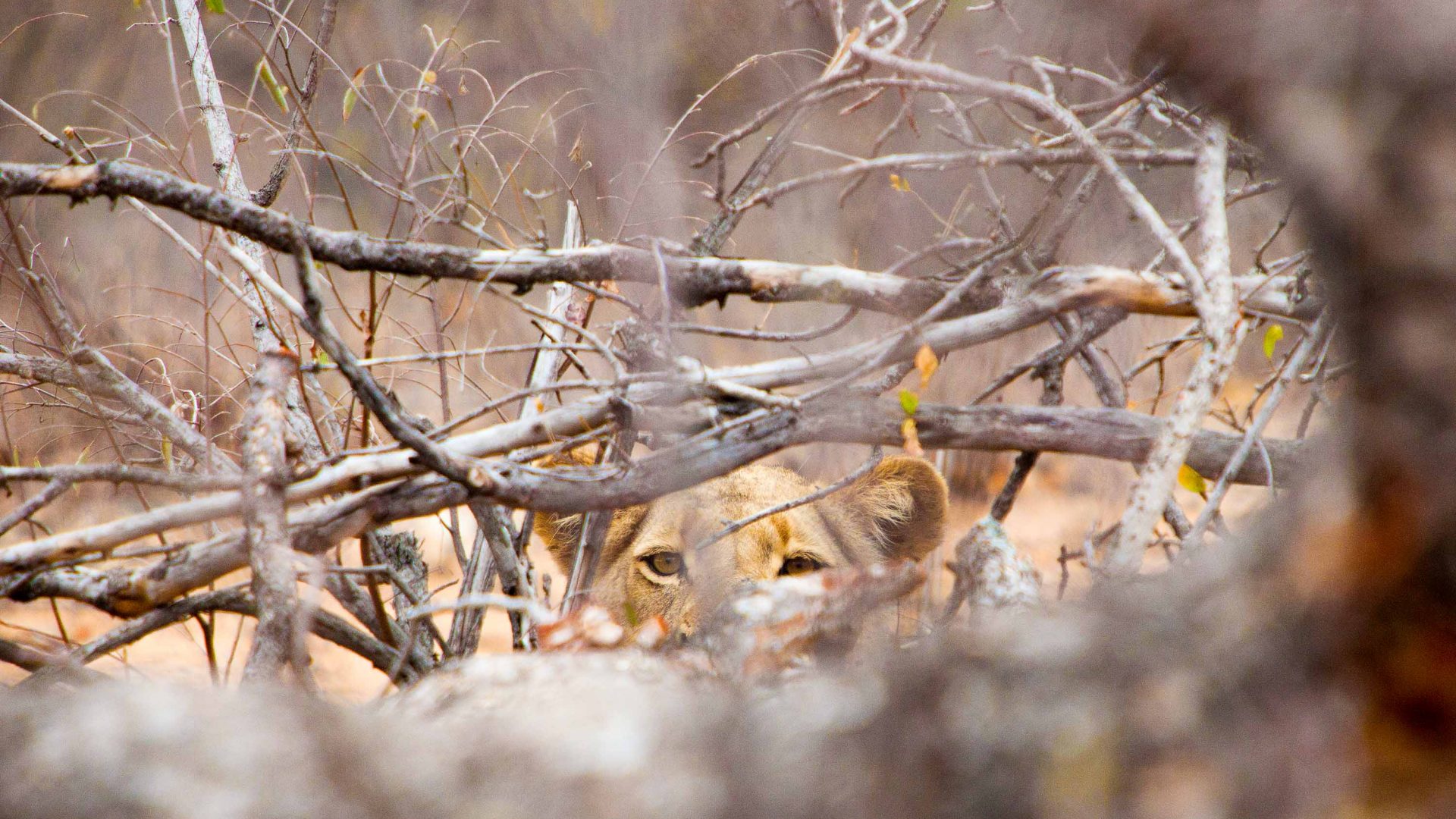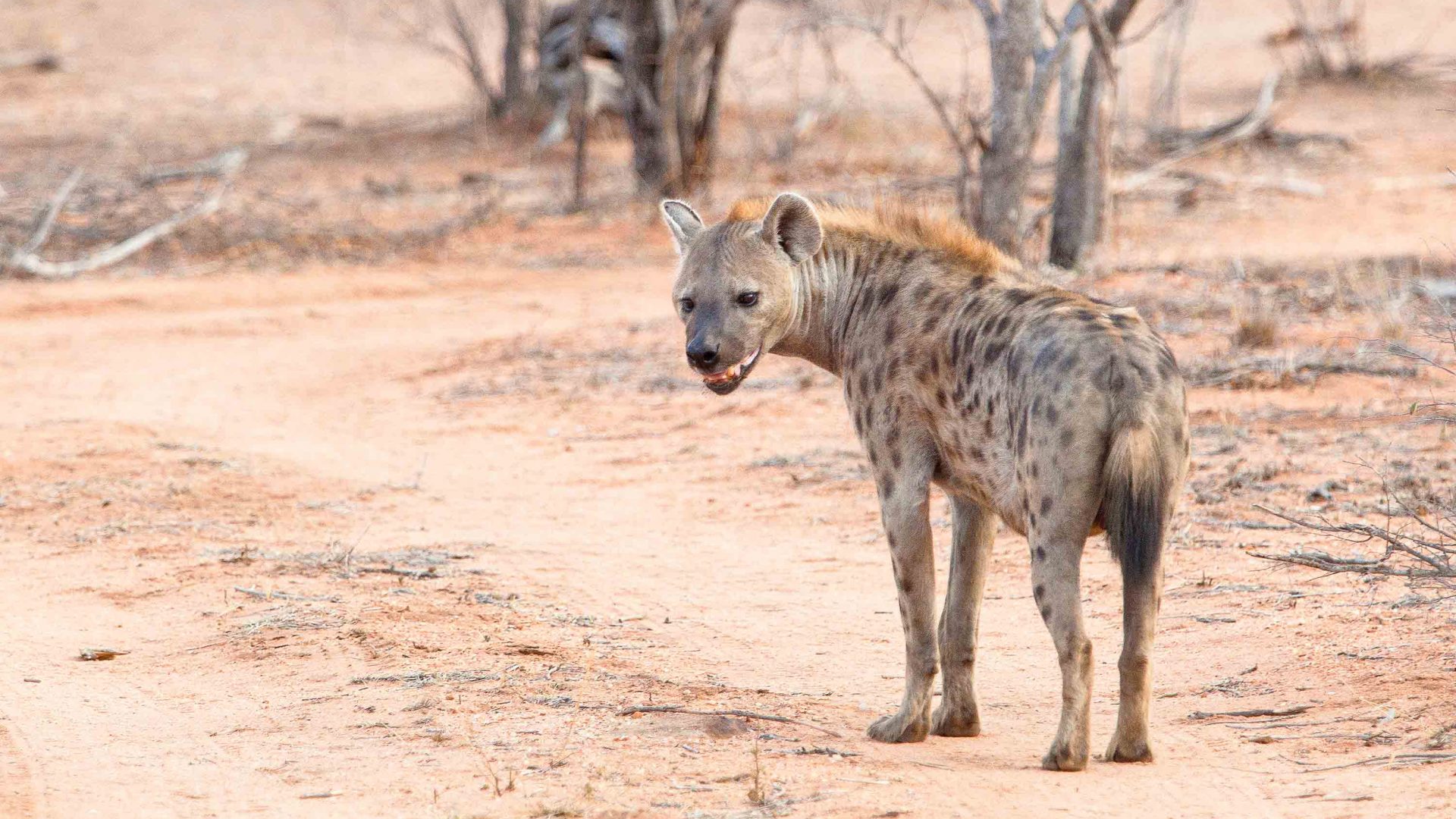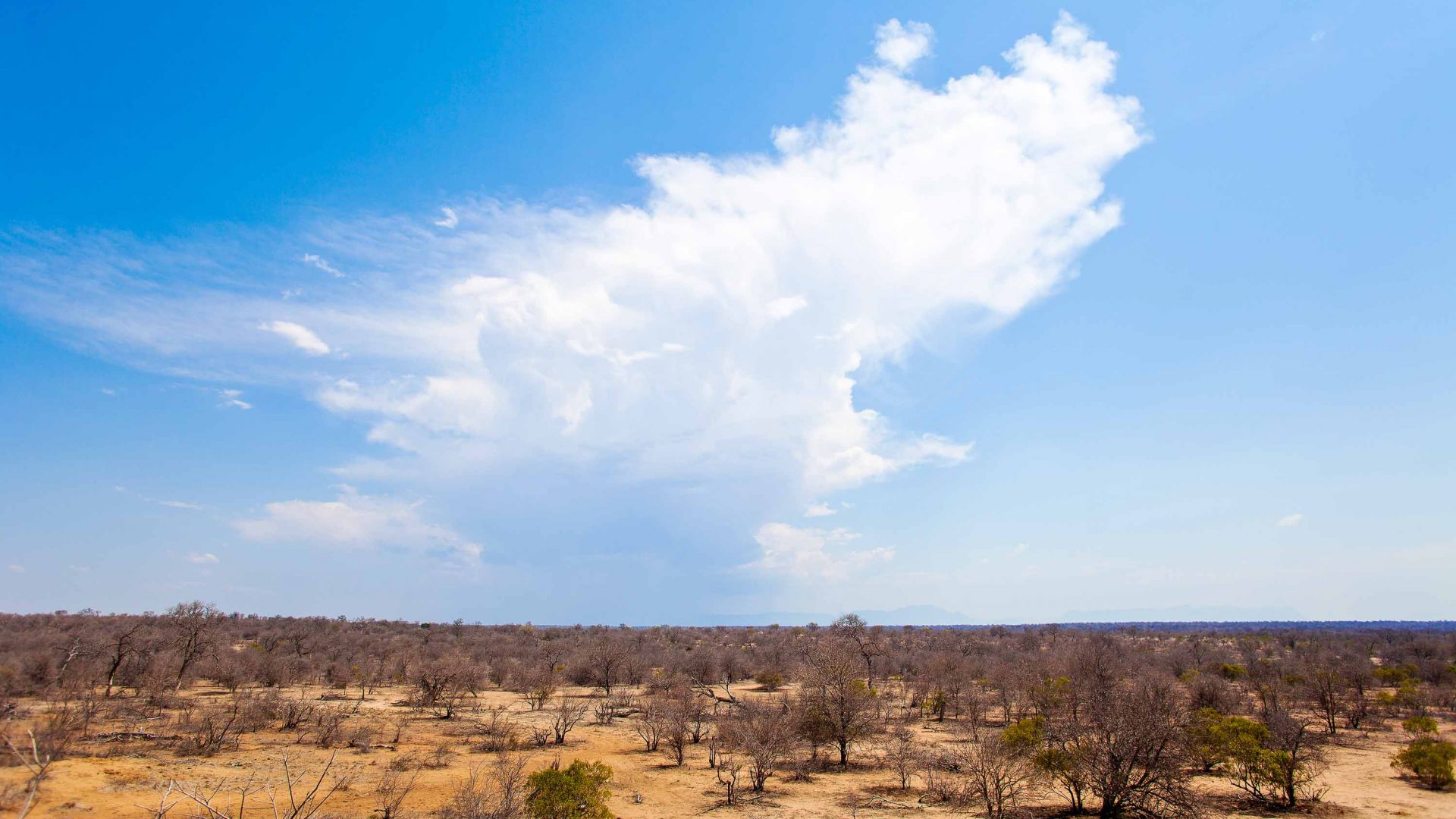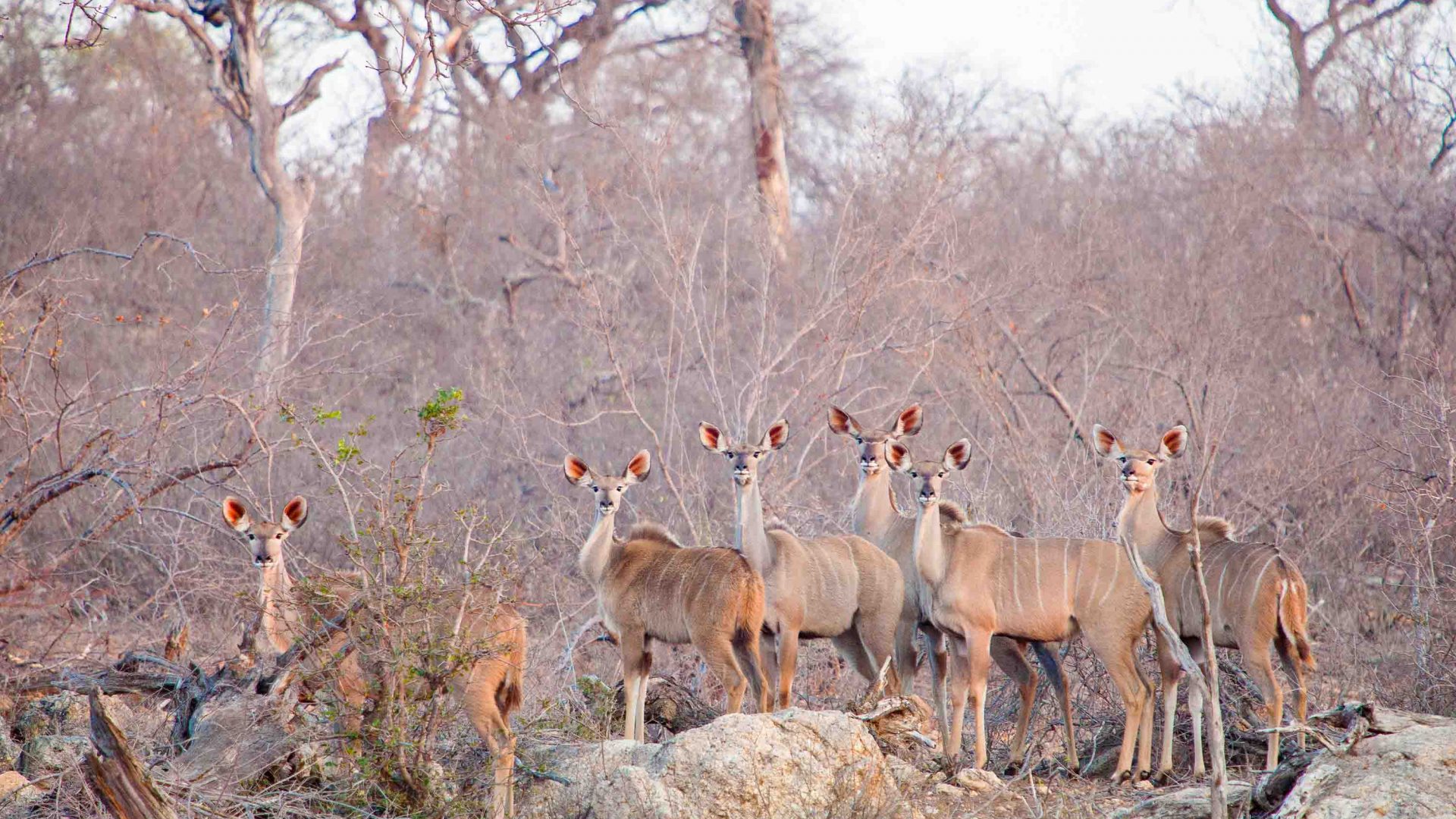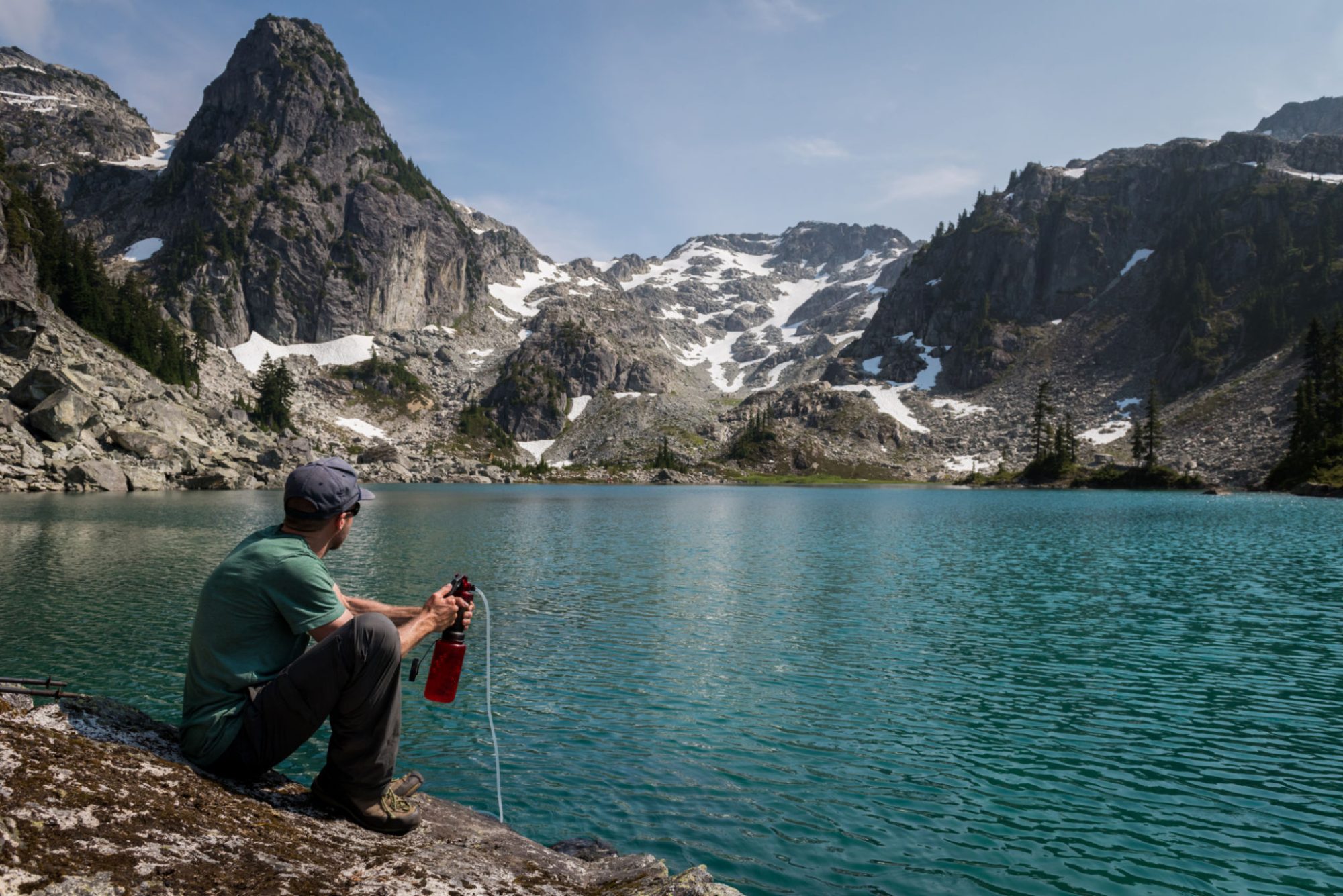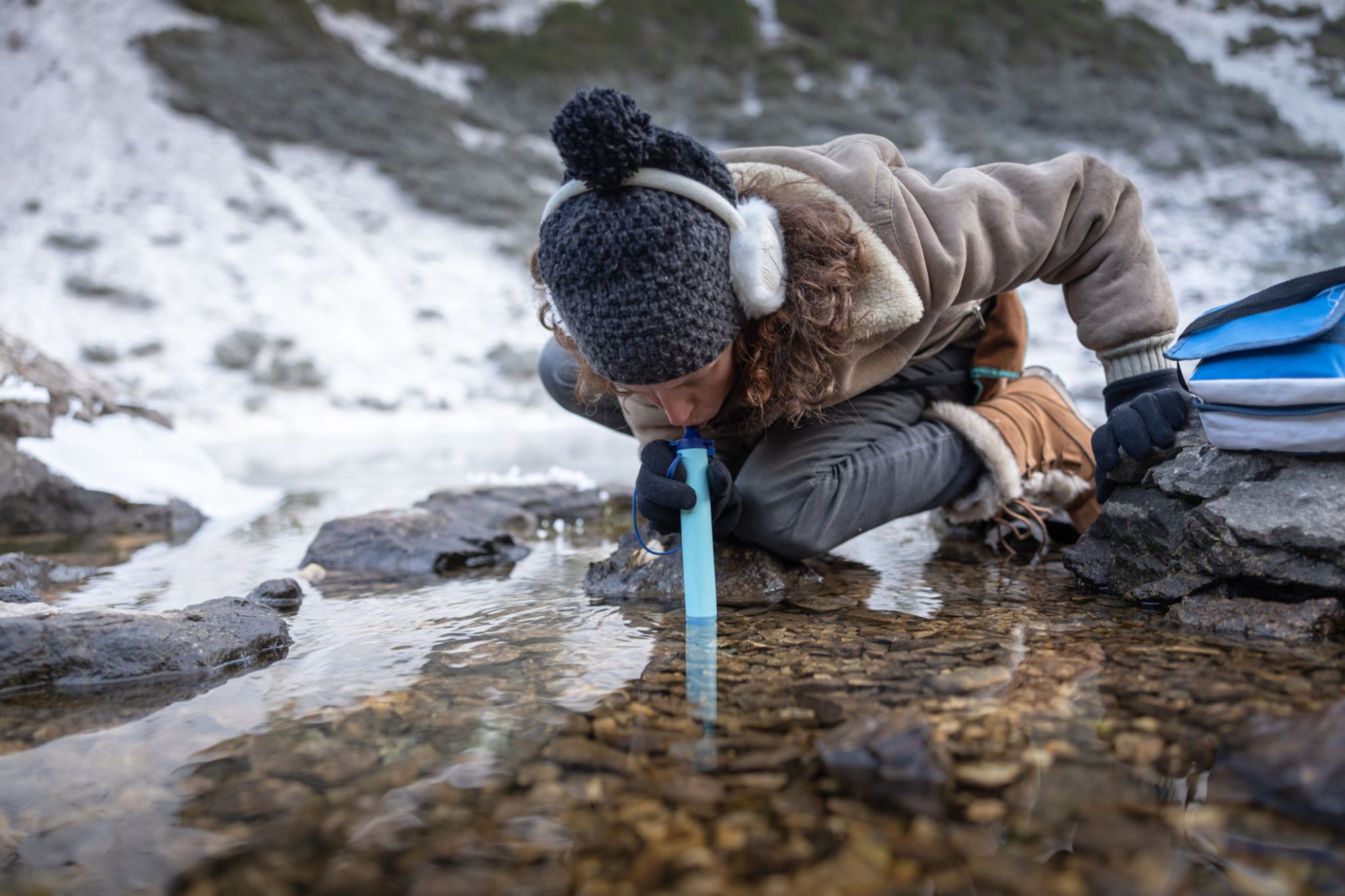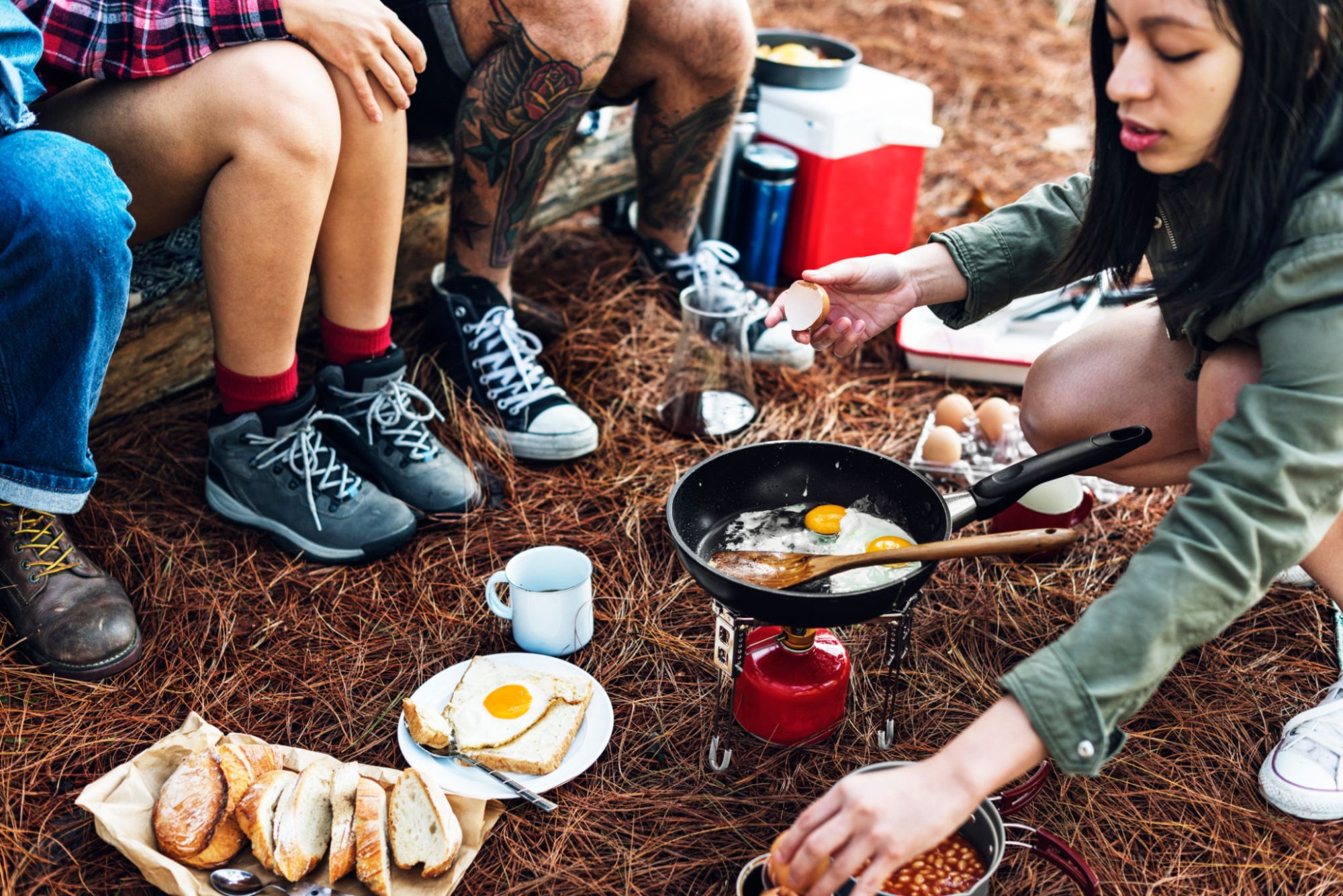Encounters of the turd kind: Dispatches from a South African walking safari
Given scoops up a handful and passes around two beans to every person. He then asks us to stand behind a line he’s drawn in the dirt. “Let me show you a game invented by the Afrikaners,” he says, splitting a dropping open to reveal a compacted inner core. “Now, I want you to place one on your tongue.”
You what?

I’m becoming so familiar with examining faeces that I’m starting to wonder if we’re marching through a stool’s paradise.
I place mine inside my mouth, balancing it on the tip of my tongue. Given swears that the impala poop has no taste but I detect bitterness in mine. For that reason, I leave my mouth wide open, figuring it will also reduce the threat of the nugget getting lodged in the back of my throat.
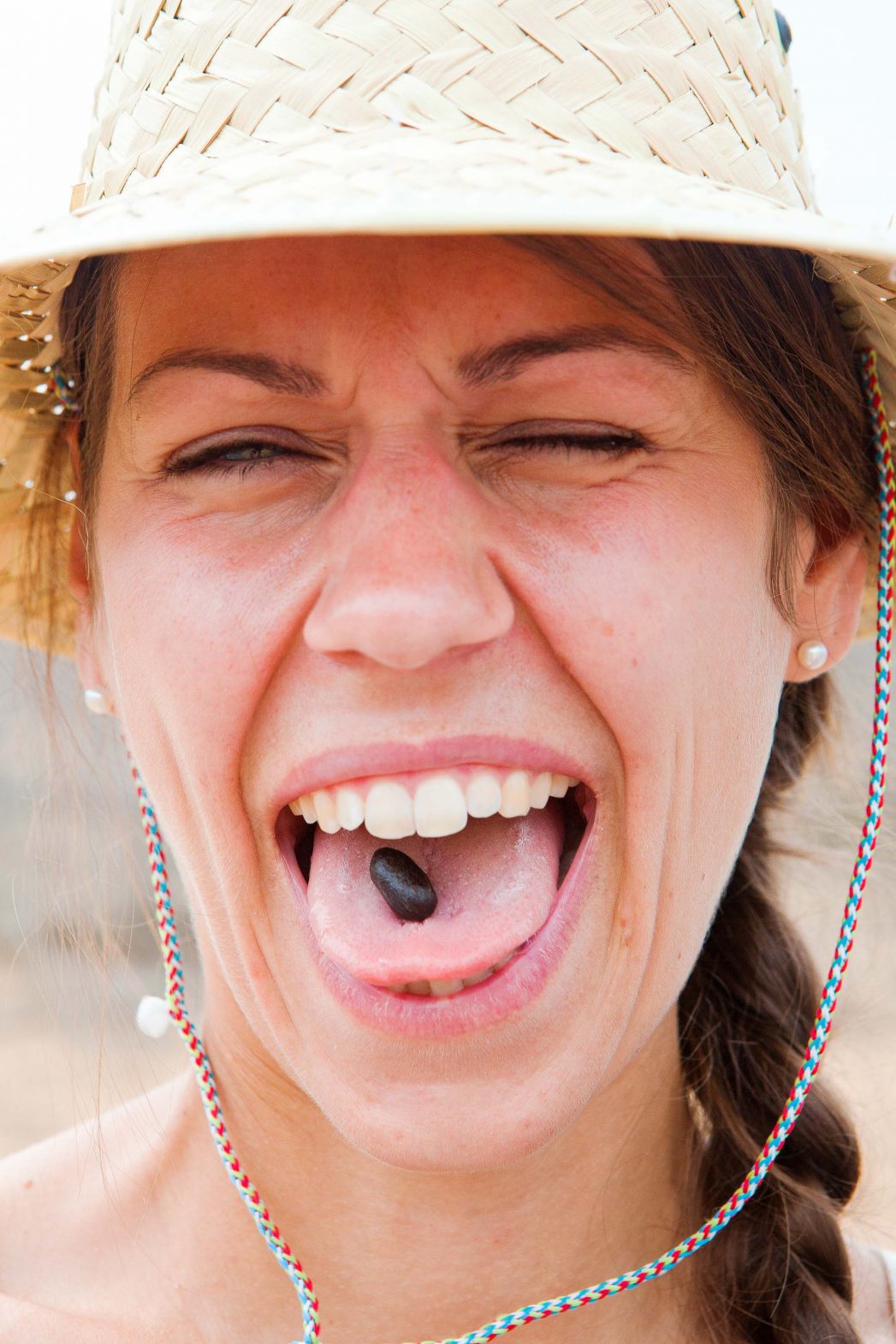
It’s around about this time that I start to think about there being way too much interaction with animal poo for my liking. I prefer to observe it from a distance. But on this leisurely morning walking safari around Greenfire Game Lodge, inside Balule Nature Reserve in South Africa’s northeastern Limpopo Province, I’m becoming so familiar with examining feces that I’m starting to wonder if we’re marching through a stool’s paradise. So far we’ve handled, smelled, tasted, stepped on, and spat wild animal scat. All we haven’t done is ingest it, and that’s a line I just went too close to crossing.
Already we’ve stopped beside elephant deposits so that Given could talk about traditional Shangaan healers using smoke from burning mucks to relieve headaches, and so he could tell us how elephant dung tea is used to cure constipation. How cholera is avoided must be another story.
Surely, I began to wonder, there must be more to hiking through the African wilds than examining excremental deposits. What about the animals offloading them?
And that’s all good. Fascinating, in fact. But as far as bigger, deadlier animals go, that’s another matter entirely.
During our pre-departure briefing, we’d specifically been told we’d be avoiding anything that could harm us. Elephants, rhinos, and buffaloes were all off-limits. And without saying as much, we also knew that lions sat firmly among that group of animals to steer clear of. Since a sizeable pride was known to be hanging around a waterhole a few hundred meters upstream in the otherwise barren Mohlabetsi Riverbed, Given had deliberately led us in the opposite direction.
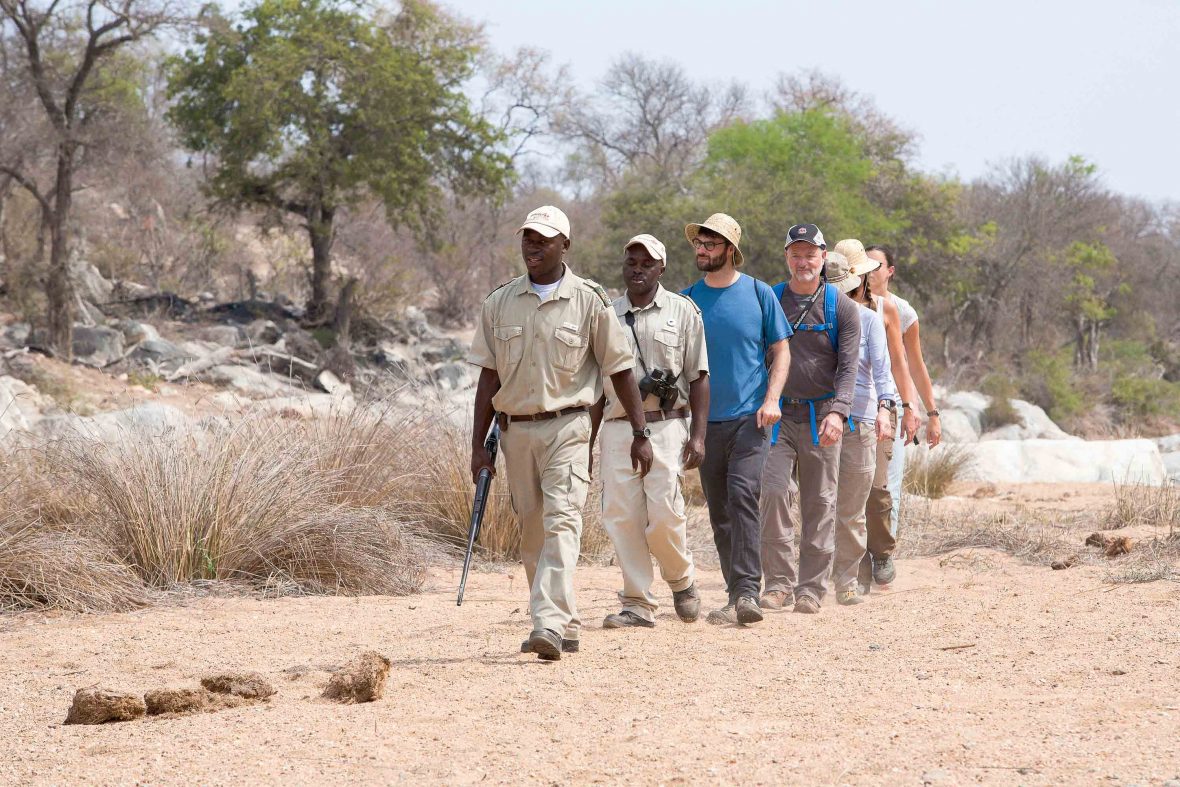
But we must nevertheless cross the riverbed to return to the lodge, and sprinkled all over the sand is a scatological minefield that—for a change—we tiptoe around. The culprits? Elephants that bore into the sand to tap the sweet-tasting waters welled beneath the river.
By the time we’ve trudged back to our lodge high on the riverbanks, we’re sweaty and hungry. Breakfast is ready and face towels are handed around. “How was your walking safari?” we’re asked.
“Full of shit,” jokes one of our crew.
No truer words were spoken.
Author: Mark DaffeyAfter an early career spent sorting through shoeboxes filled with receipts so that his tax accounting clients could escape on overseas holidays, Australian Mark Daffey now accepts travel assignments to places considered off the beaten track for a range of publications.


